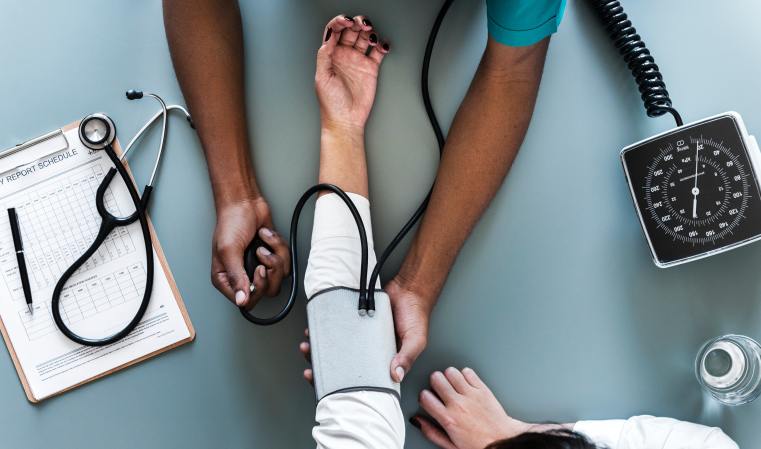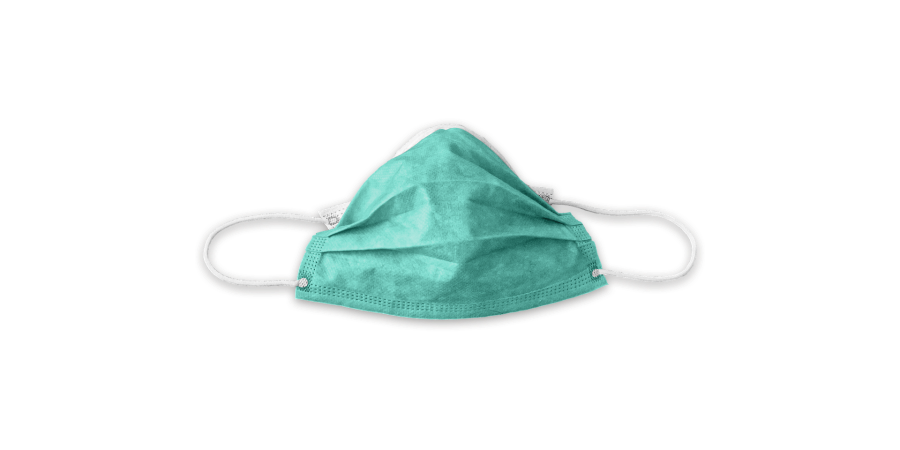

Click here to see all of PopSci’s COVID-19 coverage.
In the six months following infection, individuals with COVID-19 are more likely to be diagnosed with neuropsychiatric conditions like anxiety, depression, and even brain hemorrhage, new research suggests.
By analyzing the health records of over 230,000 COVID-19 survivors, scientists found that one third of patients aged 10 and over experienced some sort of psychiatric or neurological illness in the six months after contracting SARS-CoV-2. About 13 percent of patients received these diagnoses for the first time. The University of Oxford study was published in The Lancet on Tuesday.
The 13 neuropsychiatric conditions assessed ranged from more common mental illnesses like anxiety and depression, to more serious neurological conditions like dementia and ischemic stroke. The most common neuropsychiatric illnesses in recovered COVID-19 patients were on the milder side—17.4 percent experienced an anxiety disorder, and 13.7 percent a mood disorder. By contrast, 2.1 percent experienced ischemic stroke, and 0.7 percent experienced dementia.
Brain conditions were also more likely alongside a more severe bout of COVID-19. Out of patients who had to be admitted to an intensive care unit, 7 percent experienced ischemic stroke and 1.7 percent experienced dementia.
The researchers compared these results to the health records of individuals diagnosed with influenza or other respiratory tract illnesses to see if the frequencies of neuropsychiatric conditions in COVID-19 patients were at all remarkable. After controlling for factors such as sex, age, race, and pre-existing conditions, the team found that compared to flu patients, COVID-19 patients were 44 percent more likely to experience mental or neurological illness in the six months following their initial diagnosis. Compared to patients with other respiratory tract illnesses, they were 16 percent more likely. Substance use disorders and insomnia were also more common in COVID-19 survivors than in those other two cohorts.
[Related: What the first year of COVID tells us about the next]
Acknowledging the link between COVID-19 and neuropsychiatric conditions is important, and “health services need to be prepared for the increased demand that this data is showing,” said Oxford University psychiatrist and study co-author Max Taquet, according to reporting by STAT News.
But it’s important to note that this study is not saying that COVID-19 causes these brain disorders. This study only shows an association between SARS-CoV-2 and these conditions in the aftermath. For some patients, their neuropsychiatric conditions were not new—some experienced relapses of previous or existing illnesses. It may even be possible that causality flows the other way—some research suggests that disorders like dementia put people at higher risk of contracting COVID-19.
And statistically, when the study includes such a large cohort, it would be even more shocking if no one had developed mental illness. Factor in the emotional toll of experiencing the disease, and it makes sense that some patients would develop anxiety. Whether COVID-19 adds a biological cause to these brain disorders will be something scientists need to investigate further.























